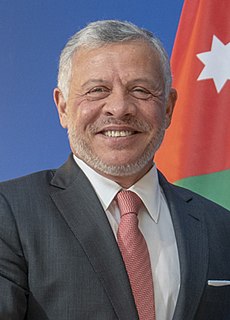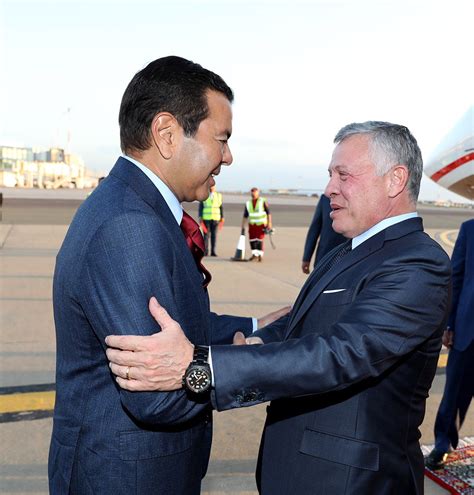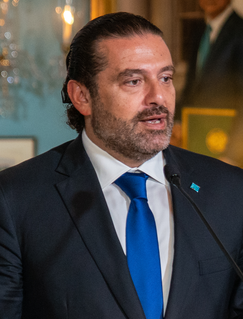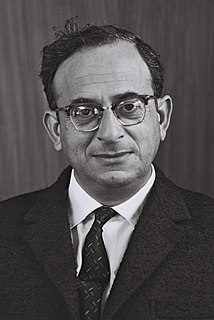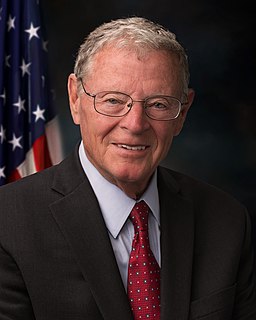A Quote by Elliott Abrams
In Arab capitals, the failure of the United States to stop Iran's nuclear program is understood as American weakness in the struggle for dominance in the Middle East, making additional cooperation from Arab leaders on Israeli-Palestinian issues even less likely.
Related Quotes
Iran has been calling for it for years, and the Arab countries support it. Everyone except the United States and Israel support it. The U.S. won't allow it because it means inspecting Israel's nuclear weapons. The U.S. has continued to block it, and in fact blocked it again just a couple of days ago; it just wasn't widely reported. Iran's nuclear program, as U.S. intelligence points out, is deterrent, and the bottom line is that the U.S. and Israel don't want Iran to have a deterrent.
There are going to be a lot of questions, not just in my country, but across the Middle East. Is Israel going to continue to be "Fortress Israel"? Or, as we all hope, become accepted into the neighborhood, which I believe is the only way we can move forward in harmony. And no matter what's happening in the Middle East - the Arab Spring, et cetera, the economic challenges, high rates of unemployment - the emotional, critical issue is always the Israeli-Palestinian one.
Why are all these refugees rushing to the beauty and strength of Europe and to the United States and not rushing to their own capitals or the capitals of the Muslim world? We ought to be pushing back. We ought to be putting people back on these boats and putting them back into the places where they came from and telling these leaders in the Arab world, "You have a responsibility as well."
I believe that the Iraqis have an opportunity now, without Saddam Hussein there, to build the first multiconfessional Arab democracy in the Middle East. And that will make for a different kind of Middle East. And these things take time. History has a long arc, not a short one. And there are going to be ups and downs, and it is going to take patience by the United States and by Iraq's neighbors to help the Iraqis to do that. But if they succeed, it'll transform the Middle East, and that's worth doing.



